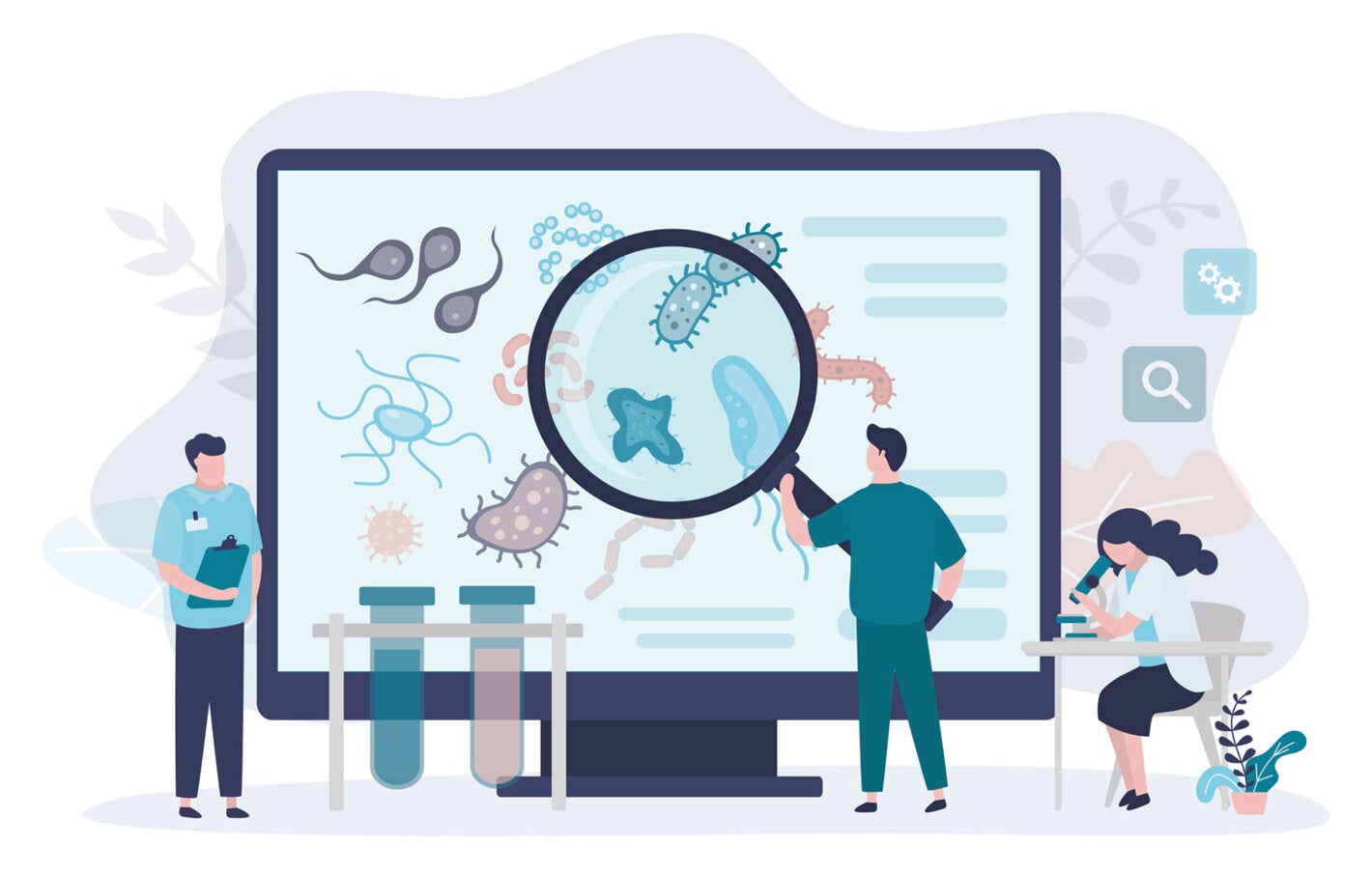
Washington, D.C., October 3, 2024 (PAHO) – A new strategy approved today by the 61st Directing Council of the Pan American Health Organization (PAHO) seeks to strengthen epidemiological intelligence in the countries of the Americas to detect public health threats early.
“The timely identification of threats is key to rapidly implement measures to contain outbreaks at the source, save lives and minimize the socioeconomic impact,” the Director of the Department of Health Emergencies at PAHO, Ciro Ugarte said. “With the implementation of this strategy, we will be able to respond more quickly to ongoing emergencies and strengthen alert systems to address future challenges,” he added.
The COVID-19 pandemic and other public health emergencies highlighted the importance of having robust epidemiological intelligence mechanisms, incorporating approaches that go beyond disease surveillance. Event-based surveillance – which involves collecting official and unofficial data from various sources, including the media and social networks, to detect unusual health situations early – as well as community-based surveillance, have proven to be fundamental approaches to improving detection and early warning.
The new Strategy on Epidemic Intelligence for Strengthening Early Warning of Health Emergencies 2024-2029 focuses on four lines of action:
- Strengthen coordination and leadership: Improve collaboration among different sectors for early detection and effective follow-up of acute public health events.
- Increase technical capacity: Equip health personnel with the necessary tools and knowledge to analyze data and detect threats.
- Improve data integration and interoperability of systems: Unify and integrate health information systems for more effective risk detection.
- Promote collaboration: Promote the exchange of information, best practices, and verification among institutions dedicated to health surveillance and among Member States.
PAHO will support its Member States in the implementation of these four lines of action, making tools and training available that allow countries to strengthen the systematic detection of signals, through event-based or community-based surveillance. These approaches are key components of epidemiological intelligence and must be linked to verification, risk assessment, notification, and response.
In addition, the dissemination of lessons learned and good practices in epidemiological intelligence will be promoted, and the progress and challenges of the strategy will be documented through scheduled reports for 2027 and 2030.



